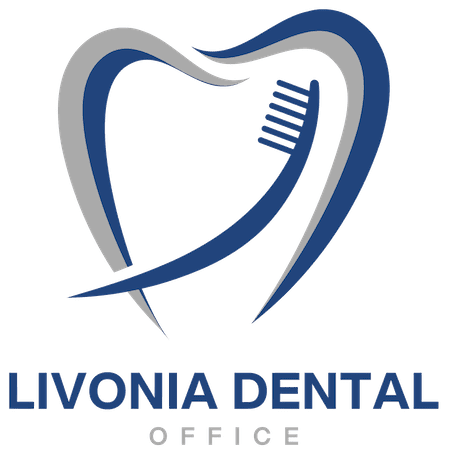Temporomandibular joint (TMJ) disorders affect the jaw joint and surrounding muscles. These disorders can cause significant pain and discomfort, impacting daily life. Proper diagnosis is crucial for effective treatment. Dentists play a vital role in diagnosing and treating TMJ disorders. Understanding TMJ treatment options helps you make an informed decision about your oral health.

Non-Surgical Treatment Options
Dentists often recommend non-surgical treatments first. These methods could reduce pain and improve function. One common approach is the use of oral splints or mouthguards. These devices help align the jaw and reduce strain. Patients wear them at night to prevent teeth grinding. Mouthguards can also protect teeth from damage.
Physical therapy may also benefit those with TMJ disorders. Exercises help strengthen jaw muscles and improve mobility. Therapists may use ultrasound or electrical stimulation to relieve pain. Dentists may suggest applying heat or cold packs to the affected area. This can help reduce inflammation and relieve pain. Heat can relax tight muscles, while cold can numb sharp pain.
Lifestyle changes can also make a difference. Eating soft foods and avoiding extreme jaw movements can help. Avoiding gum chewing or nail-biting can reduce strain on the jaw.
Medications for TMJ Relief
Medications could also provide relief for TMJ symptoms. Dentists may prescribe pain relievers or anti-inflammatory drugs. Over-the-counter options include ibuprofen or naproxen. These medications can reduce swelling and discomfort. They work by blocking chemicals that cause inflammation.
Muscle relaxants may help if muscle spasms occur. Dentists sometimes prescribe these for short-term use. They help relax the muscles and reduce pain. Dentists will consider the patient’s overall health when prescribing medications. They will discuss potential side effects and interactions with other drugs.
Advanced TMJ Treatment Options
When conservative treatments fail, dentists may consider advanced options. One such option is dental adjustment or equilibration. This involves reshaping the teeth to improve bite alignment. Dentists may also recommend orthodontic treatments. Braces or aligners can correct bite issues contributing to TMJ problems. These treatments aim to improve the overall function of the jaw.
In some cases, dental restorations like crowns or bridges can help. These treatments help restore damaged teeth and improve bite stability. Dentists may use computer-aided design and manufacturing (CAD/CAM) technology. This allows for precise and efficient restorations. Patients could benefit from improved comfort and aesthetics.
Surgical Interventions
Surgery is a last resort for TMJ disorders. Dentists and oral surgeons consider this when other treatments fail. Arthrocentesis is a minimally invasive procedure. It involves flushing the joint to remove debris and reduce inflammation. This can improve joint movement and reduce pain. Arthroscopy is another option. Surgeons insert a small camera into the joint to diagnose and treat issues. This allows for direct visualization and treatment of the joint. Open-joint surgery is more invasive. It involves repairing or replacing the joint. Surgeons may remove diseased tissue or realign the jaw. Dentists and surgeons weigh the risks and benefits before recommending surgery. They consider factors like age, health, and severity of symptoms. Patients should discuss all options with their dental team.
Preventing TMJ Disorders
Preventive measures can reduce the risk of TMJ disorders. Dentists advise patients to avoid excessive jaw movements. Chewing gum or biting nails can strain the jaw. Stress management techniques could also help. Relaxation exercises or meditation can reduce tension. Deep breathing or progressive muscle relaxation can be effective.
Maintaining good posture can prevent jaw strain. Dentists may recommend ergonomic adjustments for workstations. Proper chair height and computer placement can make a difference. Regular dental check-ups are essential for early detection and treatment. Dentists can monitor changes in bite and jaw function. They can provide guidance on maintaining oral health.
Consulting Your Dentist
Livonia Dental provides comprehensive TMJ treatment options. Our experienced dentists offer personalized care tailored to your needs. We emphasize patient education and preventive care. Our team stays updated on the latest advancements in TMJ treatment. We use state-of-the-art technology to ensure accurate diagnosis and effective treatment. Contact us today to schedule a consultation and learn more.
